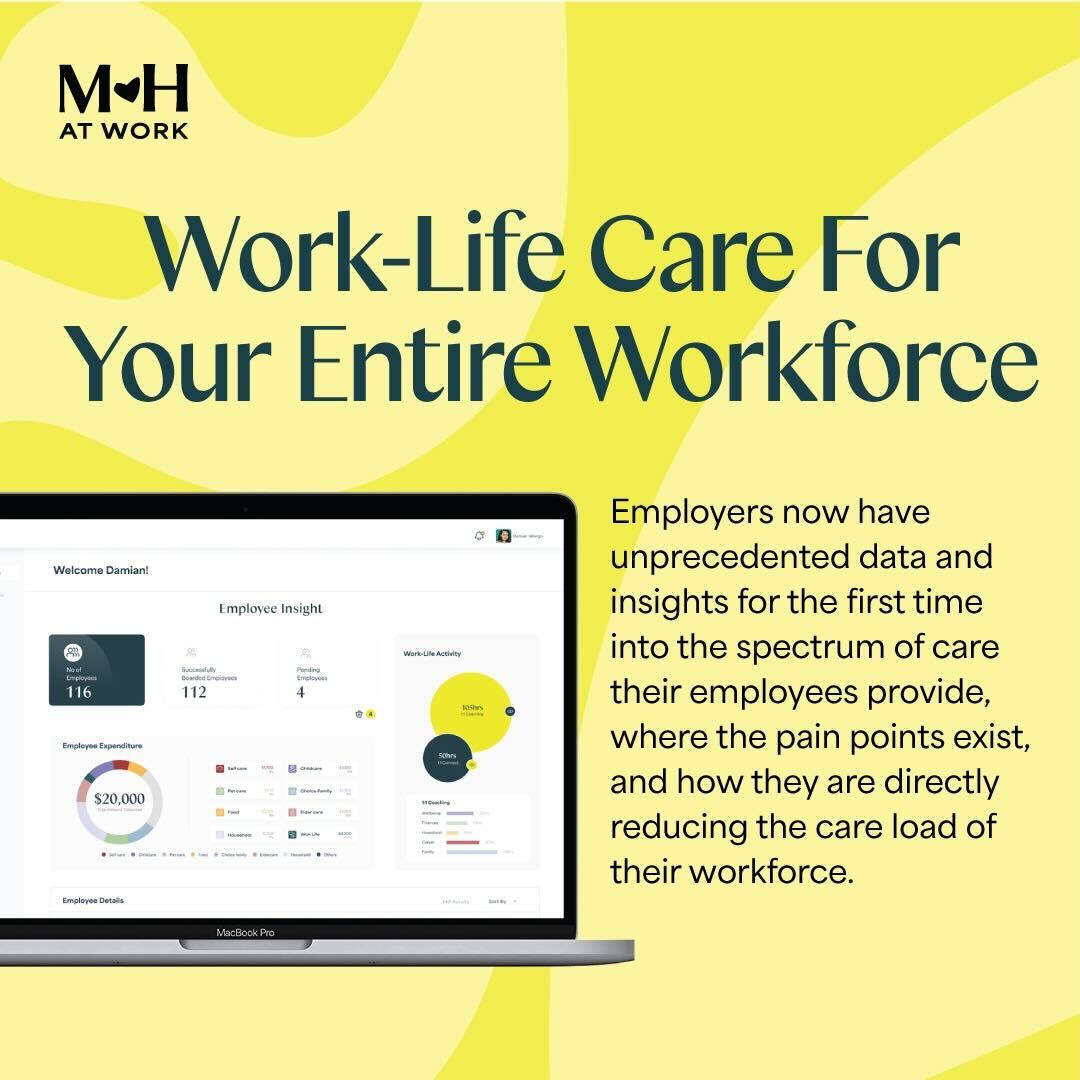Dads are working less and spending more time with family. But is it a permanent shift?
As an editor who covered caregiving during the pandemic, I distinctly remember worrying about how the crisis would impact women’s progress. Not only because I was steeped in information about it, but because I was living it.
Like millions of moms, I quit my job. Experts feared many of us would never rejoin the labor market. That fewer women would become corporate leaders. That the stubbornly persistent wage gap between women and men would become a chasm. That it might take decades to recover from the promotions and wages women had lost during those tragic, exhausting years. That it might prompt a permanent realignment of priorities for moms, who would never reclaim our pre-pandemic career progress.
Evidence suggests a realignment has happened, but it’s not among moms. It’s dads who are dialing back.
Young, high-earning men have scaled back their working hours more than any other group, according to a new study of federal data by the economics department at Washington University in St. Louis. The top-earning 10% of men in the U.S. labor market worked 77 fewer hours in 2022, on average, a 3% reduction in hours over 2019. Top-earning women cut back, too, but by less—only a 1% reduction in hours.
The findings align with early pandemic predictions that remote work might finally allow many dads, who want the freedom and flexibility to spend more time with their children and to support their spouse, to actually do just that.
It also aligns with our own survey here at MH, conducted in partnership with Care.com, showing that remote work has helped dads do more at home. “In our survey, nearly half of male caregivers with a child under the age of 15 agreed with the statement, ‘I personally spend more time on childcare when working remotely, which saves my spouse or partner some time.’ Male caregivers who shifted from in-office to remote or hybrid work also said they now spend more time on household work than before, with 32% doing more cleaning and 34% doing more cooking,” wrote our Founder and CEO Blessing Adesiyan, in a piece for Time.
It’s a bit of much-needed good news. Shortly before the pandemic, an analysis found that people who work 50+ hours a week, particularly in professions like finance, law and consulting, tend to earn disproportionately more. In other words, it pays big bucks to work long hours. It’s a development that disadvantages moms, who are more likely to take care of a sick kid or attend an afternoon ballet recital. But if the recent data is right, and dads are starting to ditch this “overwork,” maybe there’s more room for moms who want to climb to the top in demanding professions, too?
Or maybe men simply have no choice but to handle more child care at the moment. Waves of pediatric infections have kept parents sidelined at work, and there’s only so much paid sick leave one partner can take.
“I don't know how much of it is super intentional or how much of it is families continuing to be pressed between a rock and a hard place,” says Keegan Albaugh, executive director of the Dad Guild, an organization that provides a supportive network for fathers in the Burlington, Vermont area. “It's just not sustainable to have one person carrying most of that load, particularly in households where you have two caregivers working. Both people will have to take time off for doctor's appointments and stay home when kids are sick.”
Still, Keegan says he’s noticed a shift among his members, as more dads express a desire to spend more time with their family. What’s missing, he says, is the support those dads need as they embrace their new caregiving duties. The question we should be asking, he says, is how we continue to build on this progress and inch closer to achieving gender equity in the home. It’s where he hopes his organization and other support groups for fathers can serve an important role.
“Whether they're being forced to do it, or they are doing it intentionally, here's this golden opportunity,” he says. “How are we thoughtfully and intentionally engaging dads in these caregiver roles, so things don't go back to the way they are? How do we keep the ball rolling here?”
GET THE WORK-LIFE WALLET:
Stop wasting money. Redirect cash from ineffective EAP programs and directly empower your employees to meet their unique work-life needs. With Mother Honestly’s NEW work-life wallet, employees can access support for an array of work-life needs, including child care, elder care, pet care, self care, household chores and more. Employees link their debit card or bank account, and we screen and qualify work-life related expenses for reimbursement within seconds. Learn how your company can support caregivers with our Work-Life Wallet!
LOVE TO SEE IT
We’re finally talking about menopause. Scientists are finally starting to piece together what happens to women’s bodies during menopause, according to National Geographic. A Financial Times piece describes how celebrities are destigmatizing menopause by being open about their symptoms and experiences. But a New York Times story details how doctors are reluctant to prescribe hormone therapy to treat some of menopause’s worst symptoms, despite new research proving the relative safety and efficacy of the medications. And women who are going through menopause feel their workplaces are failing to support them, Fortune reports
HATE TO SEE IT
Over half of women from marginalized racial and ethnic groups still experience racism at work. That’s according to a new study from Catalyst, surveying more than 2,700 women from the U.S., the U.K., South Africa, Australia, and Canada. Women with darker skin, and members of the trans, lesbian, gay, bisexual, queer, and asexual communities reported experiencing even greater rates of racism at work.





